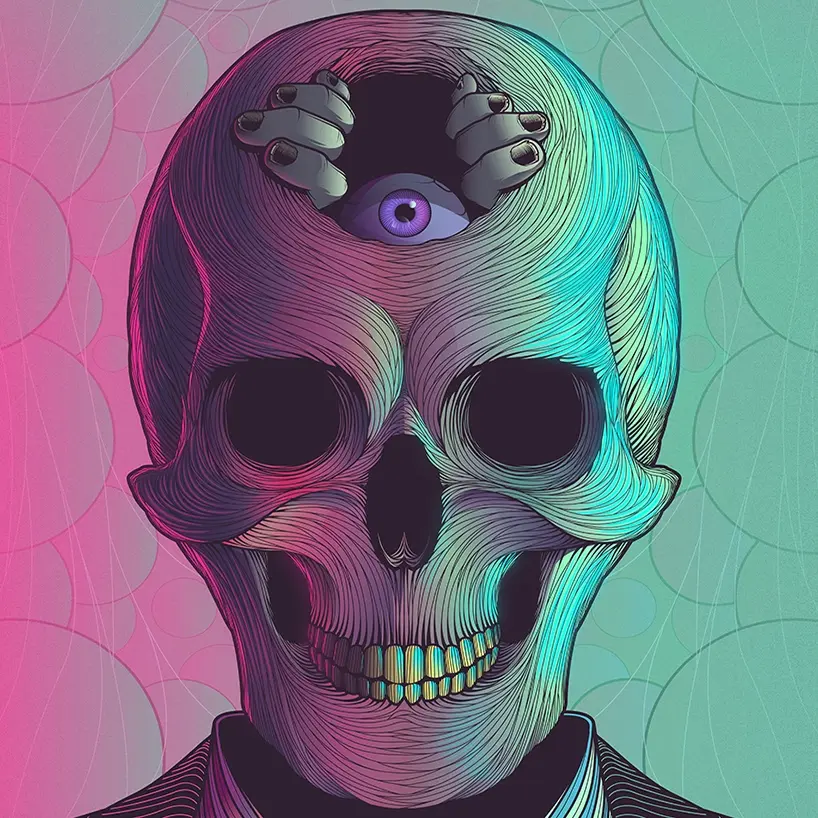Summary: A recent UK government inquiry into the challenges faced by the film and high-end television industry has recently received submissions from major Hollywood studios advocating for KYC (know your customer) rules for hosting providers, similar to banking regulations to identify money laundering. If adopted, this would help them to identify people hosting pirated content.
The submissions are united in identifying the same solution to this problem: the UK must implement a ‘Know Your Business Customer’ regime to compel commercial entities (including online intermediaries) to establish the true identity of their business customers as a precondition for selling, and receiving payment for, digital services.


Not at all. I don’t mean artists distributing their own tapes; this was primarily fans copying the tape they bought, recording off the radio, or recording bootlegs of concerts. (see also) There was even the ad campaign driving home that making your own cassettes in such a manner is illegal and “killing the music industry,” which is obviously didn’t.
As for the rest of what you said, I think it’s important to keep that not everyone obtains music the same way. Plenty of people use ripping software, modified client software, etc. to pirate via streaming services too. It’s not just filling a niche, but a reliable source of mainstream music too (assuming you do it before they pull it down because of the licensing BS). And as a frequent Bandcamp patron, albums can still be expensive and most songs still cost $1 (though, without the shit DRM).
Indeed it was, and there was pushback even then. I was more referencing the tacit approval of piracy rather than active distribution.
The game will always keep evolving. The labels/publishers no longer have much of their previous gatekeeper status but now a new challenge of clearing the signal to noise ratio and having anyone take note amongst the multitudes of options is out there.
The reliability/archivist aspect is a beautiful thing that helps prevent the masking of the past. I keep a number of digital artifacts just to keep them preserved myself. There are a lot of bits of culture only existing today because someone once made a tape off the TV/Radio.